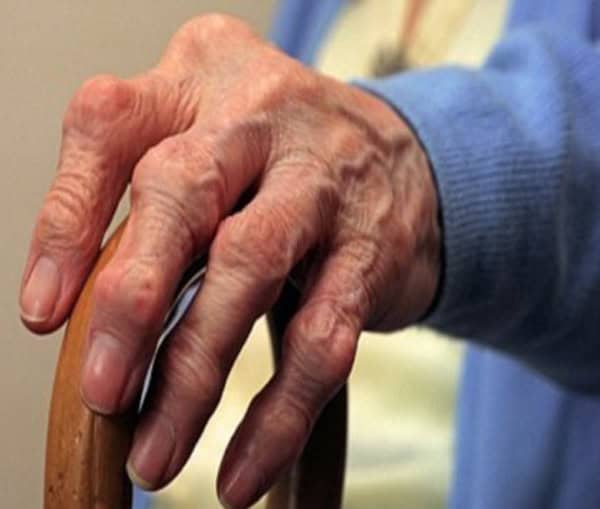New Delhi: A new study has found that people in the city are at a high risk of suffering from brittle bones which can cause fractures even with simple acts like bending over or coughing.
Nearly 60 per cent of the respondents in Delhi, including men and women, were found suffering from osteopenia and nine per cent already had osteoporosis.
Osteopenia is a condition in which bone mineral density is lower than normal. It is considered by many doctors to be a precursor to osteoporosis that causes bones to become weak and brittle — so brittle that a fall or even mild stresses such as bending over or coughing can cause a fracture.
The study was done by the Orthopaedics Department of Indraprastha Apollo Hospital. It was published in the March edition of the Indian Journal of Medical Research (IJMR).
The survey was done among people living in Delhi areas like Sukhdev Vihar, Sarita Vihar, Kalkaji, East of Kailash and Mayur Vihar.
“In our study, the presence of osteopenia and osteoporosis was found to be higher in the urban Indian population. A high incidence of osteopenia and osteoporosis was observed in the studied population,” said Raju Vaishya, orthopaedic surgeon at Indraprastha Apollo Hospital.
Vaishya is one of the authors of the study.
He said a significant association of sex, parent history of fracture and secondary osteoporosis was found in the present study “whereas alcohol and steroid intake were not found to be significantly associated with the low T-scores”.
Osteoporosis-related fractures most commonly occur in the hip, wrist or spine. Osteoporosis is usually considered a ‘silent disease’ until a fracture occurs. It leads to nearly nine million fractures annually worldwide. Osteopenia is a bone condition characterised by bone loss that is not as severe as in osteoporosis.
He said a low-level of bone density could lead to a serious socio-economic burden in the future as the population of the elderly is bound to increase.
Identification of individuals at risk of developing osteoporosis and adequate treatment can prevent long-term morbidity due to osteoporotic fractures.
“Unfortunately, most population is largely unaware of the serious complications associated with osteoporosis. Even in the absence of a large scale cross-sectional study, hip fractures (HFs) are considered common and the peak incidence of osteoporotic HF is in younger age, around 50-60 years.”
—IANS

